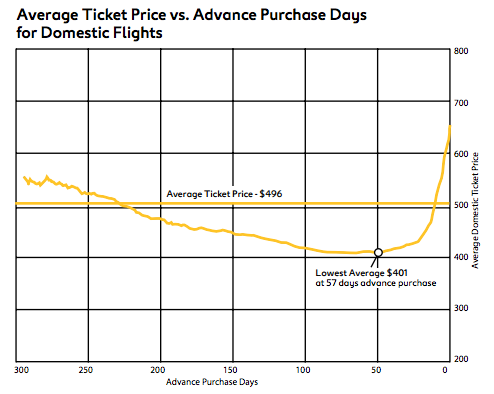Slides and Rough Transcript of TDDA talk from PyCon UK 2016
Python UK 2016, Cardiff.
I gave a talk on test-driven data analysis at PyCon UK 2016, Cardiff, today.
The slides (which are kind-of useless without the words) are available here.
More usefully, a rough transcript, with thumbnail slides, is available here.
Continue reading